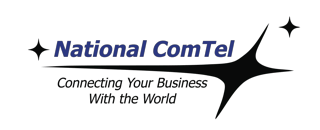New and advanced technology has drastically changed the practice of law. Technology has enabled lawyers to easily access, exchange, and provide information to the courts, opposing counsel, and clients. Given the demanding nature of our work, we as attorneys have been eager to learn to use new technology in order to be more productive and efficient. In the process, we have also put ourselves at risk of forgetting that certain technologies can actually pose a major threat to our practice – and to our clients.
What is particularly troublesome about the security loopholes in technology is that in today’s world, you don’t need to have connections, an MIT degree, or a high net worth to learn how to gain access to the information you seek. There are an endless number of websites and videos providing information on how to hack someone else’s data. Unfortunately, this information is easy to find and access. Although NOT our responsibility to know HIPPA and other specific industry compliance’s, we at National ComTel do our best to enlighten or provide a heads up to our customers to possible issues. Ask for details if you have questions pertaining to our suggestions. Some ideas are proper firewalls. encryption, isolated guest wi-fi and office access points.
Rogue Wi-Fi Access Points and Evil Twins –
Hackers look for weak spots and vulnerabilities wherever they can be found. For example, they might try to use a rogue Wi-Fi access point, which could be installed on your private or office secure network without your knowledge or authorization. Once installed, the person controlling it could potentially access your secured network and wreak havoc by stealing information or changing settings.
Think Twice Before Using “Free” Wi-Fi –
At the end of the day, we are the protectors of our clients’ information and data. It would be naive not to believe that a motivated individual would not be tempted and able to access our clients’ information – especially if we leave the metaphorical door open to them. Attorneys need to have conversations with their clients about the risks of hacking and how to safeguard against it.

By David Sarif and Natalie Tyler, Family Lawyers
